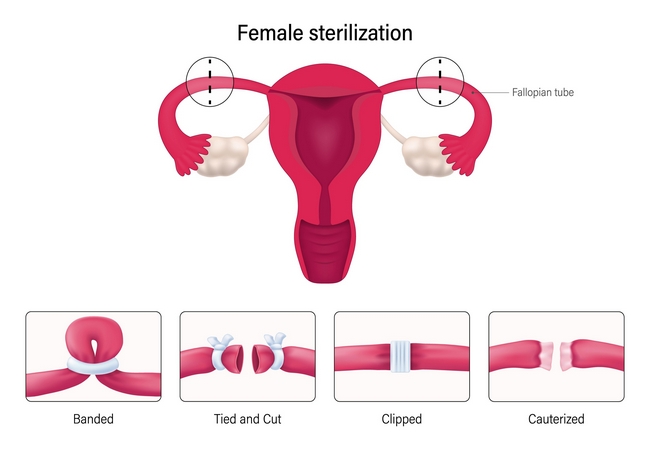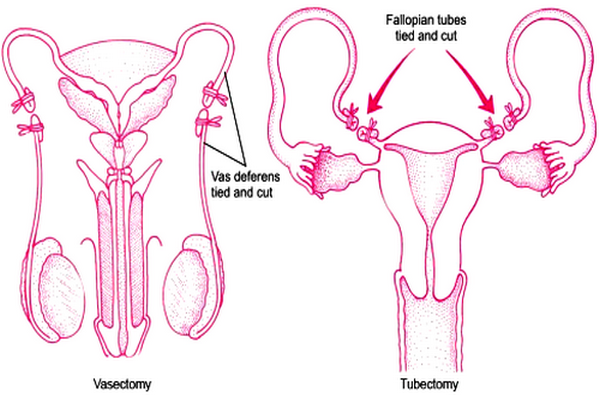Infertility in Males and Females:
Infertility may be defined as failure to conceive after one year of married life without use of any contraceptive measures. Inability is to achieve conception after 1 year of regular unprotected coitus.
Infertility refers to an inability to conceive after having regular unprotected sex. Infertility can also refer to the biological inability of an individual to contribute to conception, or to a female who cannot carry a pregnancy to full term. It is an absolute state of inability to conceive.

Types or Classification of Infertility:
There are mainly two types of infertility:
1. Primary infertility: It is applied to those who have never conceived.
2. Secondary infertility: It is applied to those who have conceived at some time in the past.
Risk Factors of Infertility in Males and Females:
1. Age:
A woman’s fertility starts to drop after she is about 32 years old, and continues doing so A 50-year-old man is usually less fertile than a man in his 20s (male fertility progressivel drops after the age of 40).
2. Smoking:
Smoking significantly increases the risk of infertility in both men and women. Smoking may also undermine the effects of fertility treatment. Even when a woman gets pregnant, if she smokes, she has a greater risk of miscarriage.
You can read: Main Causes of Infertility in Males and Females
3. Alcohol consumption:
A woman’s pregnancy can be seriously affected by any amount of alcohol consumption. Alcohol abuse may lower male fertility. Moderate alcohol consumption has not been shown to lower fertility in most men, but is thought to lower fertility in men who already have a low sperm count.
4. Being obese or overweight:
In industrialized countries overweight/obesity and a sedentary lifestyle are e often found to be the principal causes of female infertility. An overweight man has a higher risk of having abnormal sperm.
5. Eating disorders:
Women who become seriously underweight as a result of an eating disorder may have fertility problems.
6. Being vegan:
If you are a strict vegan you must make sure your intake of iron, folic acid, zinc and vitamin B-12 are adequate, otherwise your fertility may become affected.
7. Over-exercising:
A woman who exercises for more than seven hours each week may have ovulation problems.
8. Not exercising:
Leading a sedentary lifestyle is sometimes linked to lower fertility in both men and women.
9. Sexually transmitted infections (STIs):
Chlamydia can damage the fallopian tubes, as well as making the man’s scrotum become inflamed. Some other Sexually transmitted infections (STIs) may also cause infertility.
10. Exposure to some chemicals:
Some pesticides, herbicides, metals (lead) and solvents have been linked to fertility problems in both men and women.
11. Mental stress:
Studies indicate that female ovulation and sperm production may be affected by mental stress. If at least one partner is stressed it is possible that the frequency of sexual intercourse is less, resulting in a lower chance of conception.
More questions related to this article:
- What is infertility?
- Define infertility.
- What is the definition of infertility?
- What do you mean by infertility in male and female?
- What are the types of infertility?
- Write down the types of infertility?
- Write down the risk factors of infertility?
- What are the factors which is responsible for infertility?











